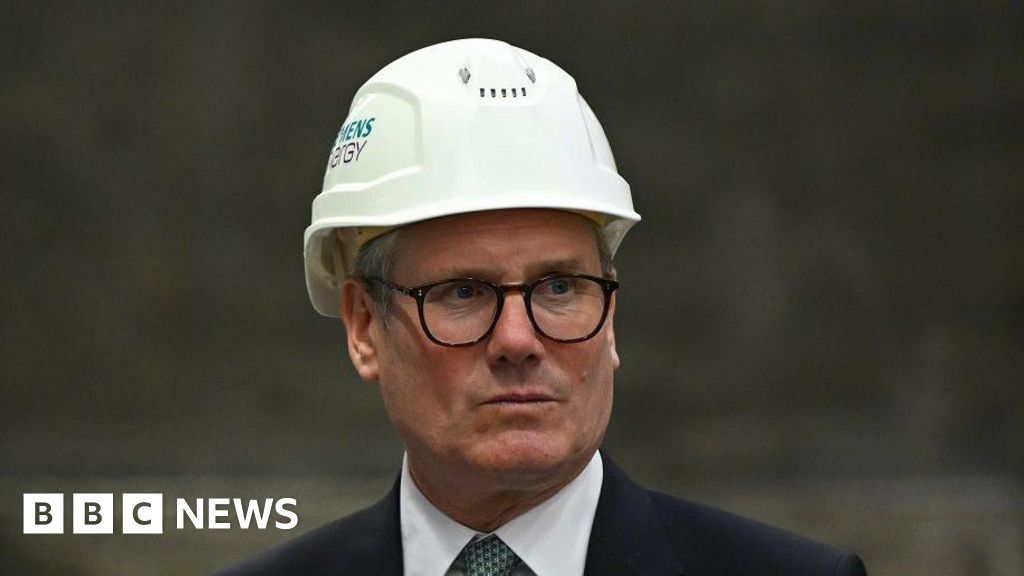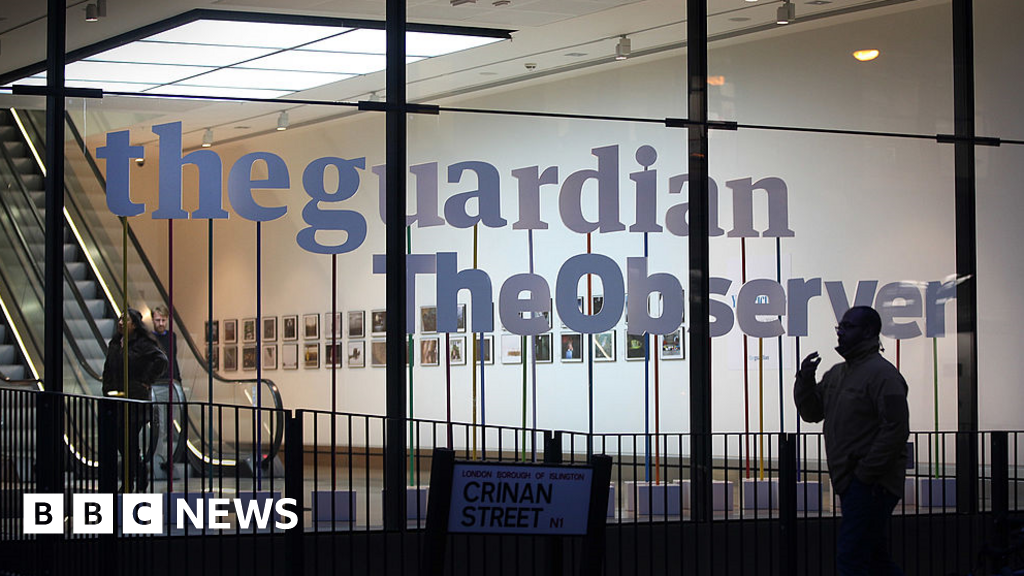Well that makes my katzenjammer even worse. On top of a cold, as well as a hangover from trying to match dad — who just landed from Australia — on the shiraz front, my portfolio now lags behind the 60-80 per cent equity index in the table below for the first time this year.
As wake-up calls go, less a splash of water on the face and more a slap. I had long ceased hoping to outdrink the S&P 500 in 2024 — the AI boom and strong pound ensured that. But beating a benchmark hand-chosen by me?
Two months ago my portfolio was 250 basis points ahead of the Morningstar index in the year to date. How did I stuff up? Well, for starters, it has slightly more equities than me and they continue to rally the world over.
But my 74 per cent weighting is my decision, so no excuse. Another reason I trail the benchmark is because well over half of its bond exposure is sterling-denominated. Only Treasuries comprise my fixed income fund.
While many saw entrenched US inflation, I was correct in thinking that short-end interest rates would eventually head south again. The Federal Reserve’s half-point cut in policy rates on Wednesday sits nicely with this view.
That said, I didn’t think through the purchase of a non-hedged exchange traded fund. If I were correct on lower short-term rates, the dollar would probably decline versus the pound. Thus my Treasury fund is only flat since January. And it’s in the red this week.
Two months ago my portfolio was 250 basis points ahead of the Morningstar index in the year to date. How did I stuff up?
Annoying or what? Especially as the returns this year from my UK and Asian equity funds are both in double digits. But a valuable lesson learnt. It is fine making currency bets but not if they are inconsistent with your core thesis.
Finally, Japanese stocks are still reeling from the hiki-taoshi they received in early August. Like pulling an opponent to the floor in sumo, the Nikkei 225 index collapsed by a fifth under the weight of a strong yen and investor nerves.
Onward and upward, though! There is still more than a quarter to go until the year is done. So how do I rate the structure of my self-managed portfolio today — the existing positions as well as the gaps? On what am I focused?
It seems to me I have to answer three very important questions if I want to boost significantly the value of my pension pot before Christmas, let alone achieve an annual return commensurate with the goal of doubling my assets in the next eight years.
The first is: how much risk I am willing to take? Losing half of my chips on the first spin of a roulette wheel and then choosing correctly the next two times also doubles my money — green pocket excluded. But the trade-off between returns and volatility is terrifying (a Sharpe ratio of 0.5, in this case).
So yeah, I could own just one stock and be lucky. At the other extreme, an academic paper over the summer by Ronald Doeswijk and Laurens Swinkels — beautifully summarised by my colleagues on Alphaville — proves the value of extreme diversification.
Hypothetically a fund owning everything would not only have produced an excess return over cash of 0.3 per cent per month between 1970 and 2022, but a Sharpe ratio above each of the component assets too. A genuine free lunch.
It wouldn’t have my portfolio in seven figures by 60, however. So while I don’t want to put the lot on black, I know I need to take more risk in order to retire early. And that probably means the US government bond ETF has to go.
As an aside I may return to before November 5, if you think a razor-close US election may result in chaos or worse — and some experts fear as much — adding risk makes no sense at all. Indeed, 100 per cash is the way to go.
Either way, America is the second question I need a clever answer to. In summary, one of my first columns urged readers to always own US equities, but in a rush of blood last year I sold the lot when valuations got ridiculous. It was a mistake — as it usually is.
What do I do now? As my children know, I’m fine with losing face and would buy in again. Yet for me, the S&P 500’s forward price-to-earnings ratio of 24 times is still bonkers. Nvidia’s market cap is above 50 times its book value. I’ve seen this tech movie before.
US medium-cap stocks offer a better storyline, perhaps, being 25 per cent cheaper relative to forward earnings than the S&P 500. Margins have held up OK too, as me old mucker Robert Armstrong pointed out this week.
But I worry about the index’s preponderance of banks. Sure, their real estate loans are less likely to implode as rates fall, as Robert argues. But if the US economy stays robust, lenders prefer higher rates as they mean wider spreads.
Still, I noticed recently that large US companies are investing more again, with the S&P 500’s capex-to-sales ratio back to pre-Covid levels. AI spending within the Big Tech sector has a lot to do with it, but this money will eventually flow to mid-caps too.
My third mega-question is China, the topic of a whole column soon. The word “Japanification” is now being whispered among professional investors. Will China repeat Japan’s lost decades, with low growth, a falling population, high debts and real estate woes?
I need three mega-answers soon. Should have taken a summer break after all.
The author is a former portfolio manager. Email: stuart.kirk@ft.com; Twitter: @stuartkirk__



























































































































You must be logged in to post a comment Login